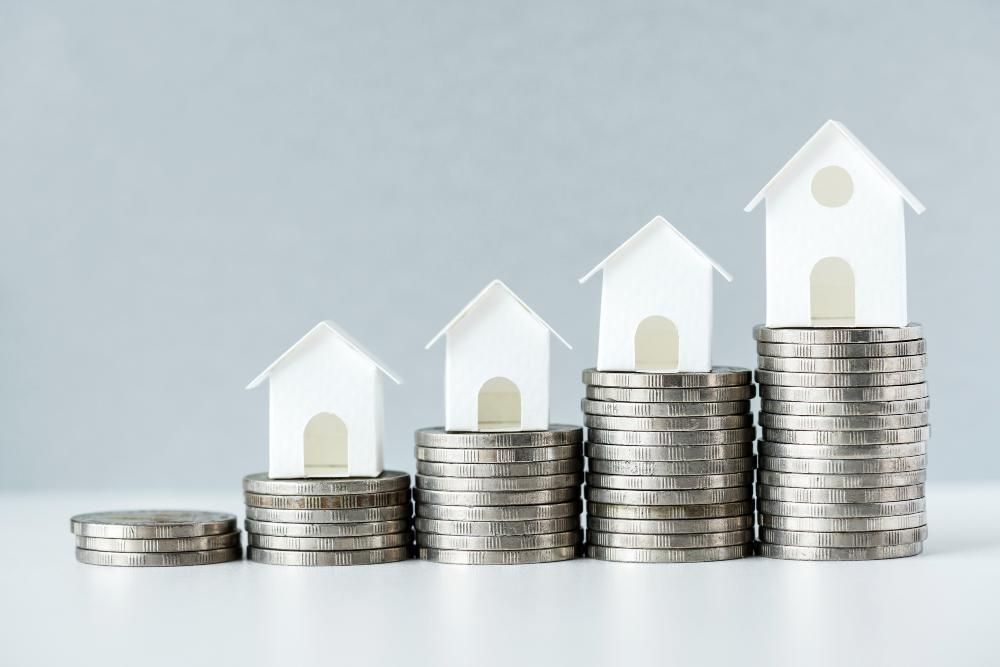
Impact of Property Cooling Measures on Singapore's Market
Singapore’s property market is known for its stability and strong performance, a result of careful government oversight. One of the key tools used to achieve this is a set of policies known as property cooling measures.
These measures are implemented to ensure the market remains sustainable and property prices grow in line with the economy. By curbing speculative activity and promoting financial prudence among buyers, these policies affect both individuals looking to buy a new home and those looking to sell.
Table of Contents
ToggleKey Cooling Measures and Their Impact on Buyers
The measures implemented by the government directly influence the financial landscape for prospective buyers. Let’s explore the key measures and how they affect your home-buying journey.
1. Additional Buyer’s Stamp Duty (ABSD)
The Additional Buyer’s Stamp Duty (ABSD) is paid on top of the standard Buyer’s Stamp Duty (BSD). It was introduced to curb a surge in speculative buying and prevent rapid price inflation. The rates vary based on your residency status and the number of properties you already own.
As of April 27, 2023, Singapore Citizens buying their second and subsequent properties will incur a higher ABSD rate of 20% and 30%. In contrast, Permanent Residents pay ABSD on all their purchases. Foreigners face the highest rates at 60%, with the cooling measure designed to prioritise Singaporeans.
2. Loan-to-Value (LTV) Limits
LTV limits are another component of the cooling measures. They determine the percentage of a property’s value that a bank or HDB can lend to a buyer. A stricter LTV limit means a higher cash and CPF downpayment, ensuring buyers have sufficient upfront capital.
For example, a lower LTV limit on a second private property loan in Singapore means you will need to pay a significantly larger downpayment compared to your first home.
3. Total Debt Servicing Ratio (TDSR) & Mortgage Servicing Ratio (MSR)
These two ratios safeguard against over-borrowing. The Total Debt Servicing Ratio (TDSR) caps your total monthly debt repayments (including your new mortgage, car loans, and credit card bills) at 55% of your gross monthly income.
The Mortgage Servicing Ratio (MSR) applies specifically to HDB flats and Executive Condominiums, capping your monthly mortgage repayments at 30% of your gross monthly income. These measures ensure that your borrowing capacity is based on your ability to service your total debt.
Impact of Cooling Measures on Sellers
While many property cooling measures are aimed at buyers, their effects are felt through the market, influencing sellers. These policies are designed to temper the overall market, discouraging a “sell high, buy low” mentality and promoting a more sustainable pace of transactions.
1. Seller’s Stamp Duty (SSD)
The Seller’s Stamp Duty (SSD) is levied on residential properties sold within a specified holding period after their purchase. As part of the cooling measures, the government has extended the holding period for SSD to four years for private properties purchased on or after July 4, 2025, and also increased the rates.
By raising the cost of an early sale, the measure encourages sellers to hold onto their properties for a longer time, fostering a market driven by long-term investment rather than quick profits. The HDB cooling measures, in contrast, don’t typically require SSD due to HDB’s Minimum Occupation Period (MOP).
2. Impact on Demand and Prices
Singapore’s property cooling measures can also affect sellers by moderating demand and stabilising prices. Measures like stricter TDSR and reduced LTV limits, which affect buyers’ borrowing power, can lead to a more cautious market. This can result in a slower pace of transactions and more price negotiations.
While some sellers may view this as a drawback, the ultimate goal of these property cooling measures is to prevent an unsustainable price bubble and ensure long-term market stability, which protects all homeowners in the long run. The effect of these measures can be seen in both the private and HDB resale markets.

Final Goal: A Balanced Market for All
Singapore’s property cooling measures are not intended to discourage homeownership but rather to create a more balanced and sustainable property market for all. By managing demand and curbing speculative activity, these policies ensure that property remains a stable asset for homebuyers.
Before embarking on your property journey, it’s crucial to assess your financial capacity and understand your borrowing limits. Tools like a maximum loan calculator can provide a preliminary estimate, but a more comprehensive assessment is often recommended to account for all the variables.
If you’re exploring options for housing loan refinancing in Singapore, seeking advice from a qualified mortgage advisor like The Loan Connection can provide a clearer path forward, ensuring you make well-informed decisions that align with your long-term financial goals.
Disclaimer:
The information provided in this blog is for general informational purposes only and does not constitute financial advice. While The Loan Connection (TLC) strives to ensure accuracy, we make no guarantees as to the completeness, reliability, or timeliness of the information. Readers are encouraged to verify details independently and consult qualified professionals before making any financial decisions. TLC is not liable for any losses or damages arising from reliance on the content herein.

